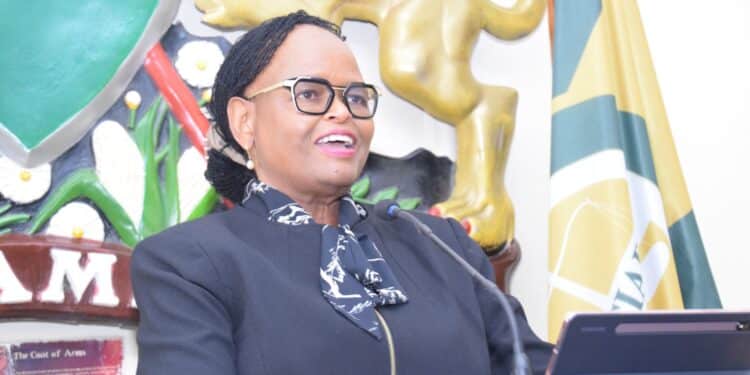When drafters of our constitution decreed public participation as mandatory in decision making processes, especially where public resources and welfare are involved, it was an apt response to a history of unilateralism that got the powerful in our society always imposing their will on the people in the name of development, even where selfish interests were deeply vested in many policy decisions and actions.
The outcomes of such unilateralism remained highly visible to all. It manifested in flawed projects, misallocated resources, disenchanted public, skewed development, and endless conflicts and chaos.
That is why Kenyans told the writers of the Constitution that they wanted a break with the past unilateralism and big man syndrome, where it was deemed that those in authority had right to dictate while the wananchi were expected to passively go along with whatever decisions that emanated from the politicians and government officials.
Old habits die hard. Even today, it is ironical that we have people in public offices who think they can run away from the current constitutional and civic realities where many people are awake and ready to rise against any bid to impose decisions without their representation.
Public officials who have not yet appreciated the new realities are bound to pay dearly for their omissions.

Public Participation headache for Ruto
For instance, in the last two years of President William Ruto‘s administration, some of the most spectacular drawbacks to hit government decisions are public petitions on policies and actions that are passed without proper public participation in line with the constitution and other related provisions.
Also Read: Blow to MPs as High Court Declares NG-CDF Unconstitutional
Hardly a month passes without a member of the pubic or group of persons or organizations dashing to court seeking injunction to halt implementation of a major decision.
If a petition is not about new tax, it is about new health insurance policy, or a levy on housing, an infra structure project or a public procurement.
In no way do I mean that snubbing or trashing public views on policy issues started with Ruto administration; the entrenched culture of unilateralism was prevalent even during Uhuruto administration and, sadly, for a number of times the public officials got away with it.
With the public becoming more awake and critical of policy decisions, those in authority need to change their attitude and embrace the concept and the practice of public participation.
Government officials and their advisors who assume they can have their way without proper and evidenced public engagement are misguided.
People-centered policies
Firstly, the Kenyan constitution envisages that all public policy affairs shall be people-focused and its declaration of people’s sovereignty in chapter one has a cascading effect that effectively outlaws any decisions that would negate the interest of the people.
It is even more explicit in regard to parliament legislations whereby clause 118(6) decrees openness and public participation in the legislative process, house business, and committee proceedings. In matters of environment, clause 69(d) too provides for public participation.
Secondly, the local courts have for the last 10 years built huge body of case law that emphasized on the indispensableness of the public participation in the making of public policy decisions.
It is high time that Kenyans who are paid to serve in the public offices realized that the idea of forcing decisions can no longer work. Why is it that leaders try to sidestep public participation, a core public promise in the constitution 2010?
Public participation is based on the rationale of inclusivity, empowerment, democracy, and consensus.
Also Read: High Court Declares KRA’s Recruitment Unconstitutional
It is also the best way of ensuring that decisions arrived are people-owned. This brings about better policy outcomes.
Love it or hate it
Not only do such consultations help in providing holistic perspectives of what is being planned, but also can give a hint as to how important a project or program is to the target group or the public at large.
If an idea is not good enough, or people regard it as not a priority what business does a politician have to try force it? Whose interest is he or she serving?
There is need for a clear message from the top levels of the government all the way down to their rank and file that public participation is a prerequisite. It is indispensable.
Love it or hate it, public participation will remain a key determinant in the quality of governance and leadership.
Follow our WhatsApp Channel for real-time news updates:
https://whatsapp.com/channel/0029VaB3k54HltYFiQ1f2i2C




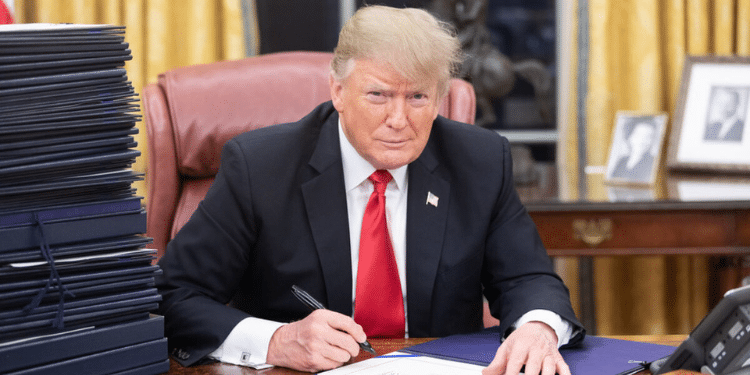




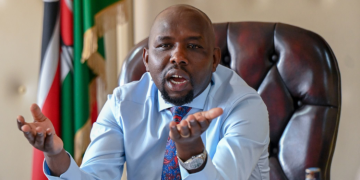










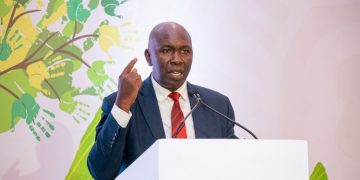


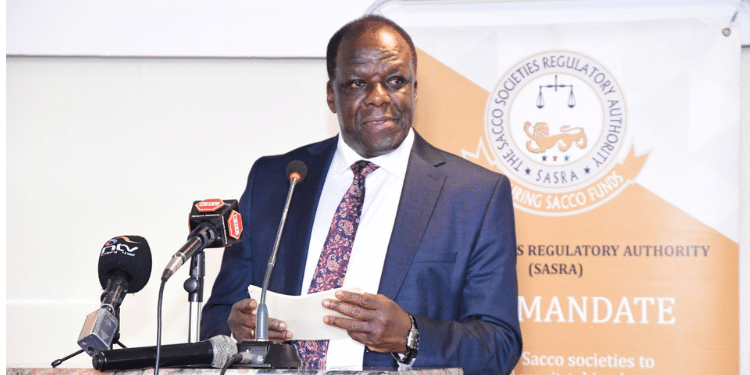































![Senator Allan Chesang And Chanelle Kittony Wed In A Colourful Ceremony [Photos] Trans Nzoia Senator Allan Chesang With Channelle Kittony/Oscar Sudi]( https://thekenyatimescdn-ese7d3e7ghdnbfa9.z01.azurefd.net/prodimages/uploads/2025/11/Trans-Nzoia-Senator-Allan-Chesang-with-Channelle-KittonyOscar-Sudi-360x180.png)
















